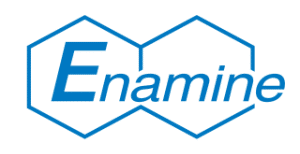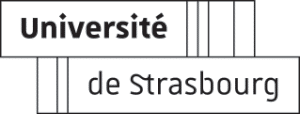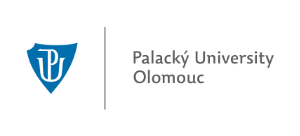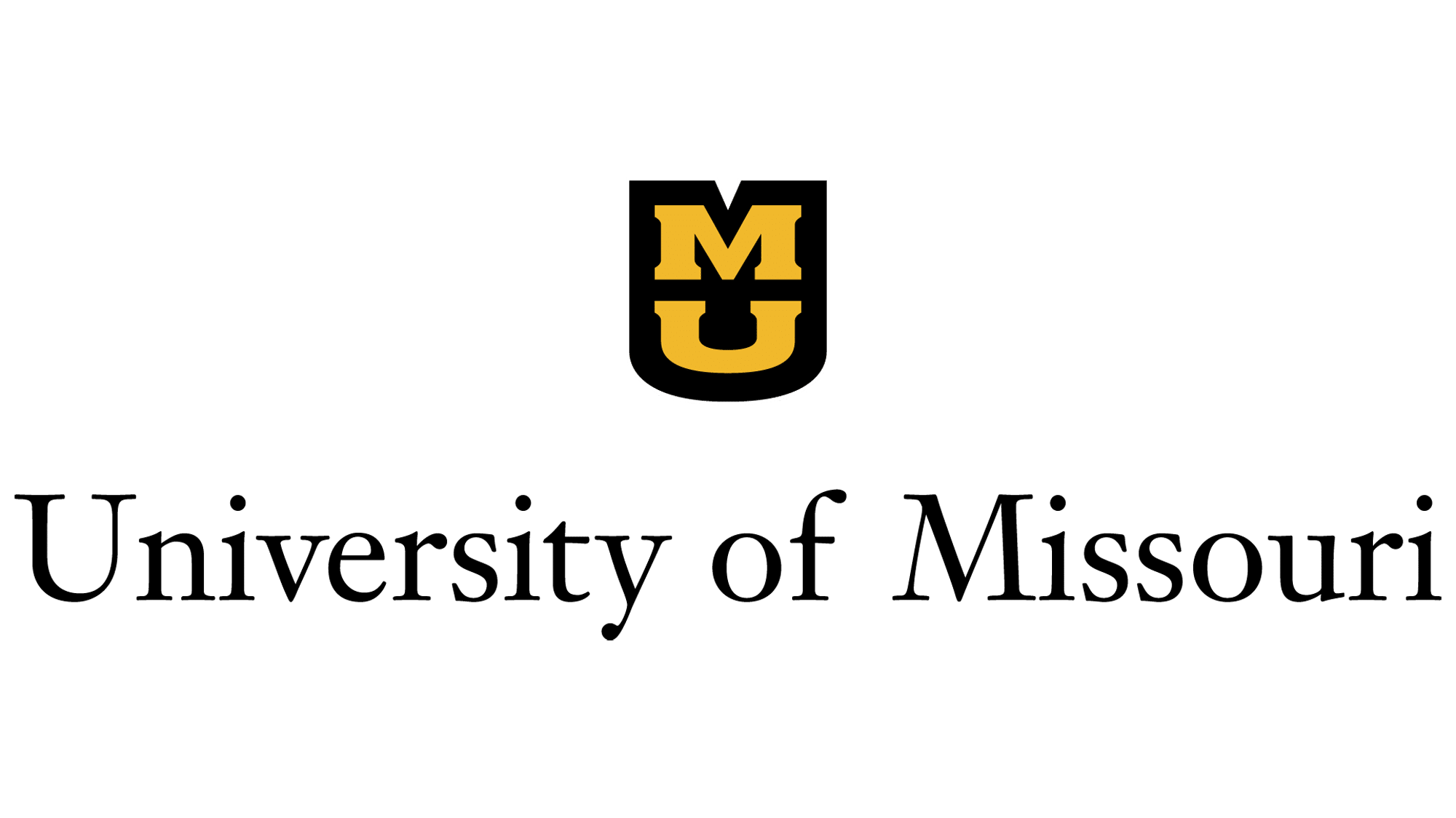CACHE Challenge Symposium – March 6 & 7, 2024
Making medical breakthroughs a team sport
1st Annual CACHE Challenge Symposium
March 6 & 7, 2024 — Toronto, Canada
Hosted by Conscience, in partnership with the Structural Genomics Consortium.
We will host the first (annual) CACHE Symposium on March 6 and 7, 2024, in Toronto. The first CACHE (Critical Assessment of Computational Hit-Finding Experiment) Challenge will conclude nearly two years of work with 23 participating organizations in early 2024. With the initial benchmarking datasets published early in January 2024, we are organizing our first annual symposium to bring leading researchers, partners, industry, media, and others together to discuss what we’ve learned, and collaborate on what’s next.
Event Details
The event will take place over two half-days at the Chelsea Hotel in Toronto, including a feature keynote from John Moult, a pioneer and leader in the field. We are grateful to our keynote sponsor, Enamine. Please join us.
If you wish to stay at the Chelsea Hotel, Conscience has negotiated a discounted rate for attendees. Availability of rooms at the discounted rate is limited and rooms must be booked by February 4th.
Click here to book at the discounted rate.

Program
Day one: March 6
| Time | Presenter | Description |
| 1:00 pm | Ryan Merkley
Conscience | Welcome remarks: A vision for collaborative drug discovery |
| 1:15 pm | John Moult
University of Maryland | Keynote: Lessons in advancing science through critical assessment experiments: CASP, CAGI, and the future |
| 2:15 pm | Michael Gilson University of California San Diego | D3R and SAMPL: Community-wide prediction challenges for CADD technologies |
| 2:45 pm | Judith Guenther Bayer Uta Lessel Boehringer Ingelheim | CACHE: Industry members’ perspective |
| 3:15 pm | Break | |
| 3:30 pm | Suzanne Ackloo Structural Genomics Consortium University of Toronto | The SGC’s experimental platform |
| 4:00 pm | Christoph Gorgulla St. Jude Children’s Research Hospital | The application of Ultralarge virtual screens via VirtualFlow in the first CACHE challenge |
| 4:30 pm | Olexandr Isayev Carnegie Mellon University | In silico screening of LRRK2 WDR domain inhibitors using deep docking and free energy simulations. |
| 5:00 – 7:00 pm | Wine & Cheese + Poster session |
Day two: March 7th
| Time | Presenter | Description |
| 8:25 am | The Honourable Pam Damoff, Parliamentary Secretary to the Minister of Foreign Affairs, on behalf of The Honourable François-Philippe Champagne, Minister of Innovation, Science and Industry. | Welcoming Remarks |
| 8:30 am | Francois Berenger Kam Zhang’s Lab, Riken, Japan | Virtual screening: What not to do |
| 9:00 am | Pavel Polishchuk Palacky University, Czech Republic | Searching for hit molecules in ultra-large chemical databases guided by de novo design |
| 9:30 am | Dmitri Kireev University of Missouri | Interaction-based hit discovery |
| 10:00 am | Break | |
| 10:15 am | Christina Schindler & Lukas Friedrich Merck KGaA | Large-scale docking and generative modeling in CACHE challenge #1 |
| 10:45 am | David Koes & Ian Dunn University of Pittsburgh | Docking (with GNINA) is all you need |
| 11:15 am | Didier Rognan & Merveille Eguida, Université Strasbourg / Amgen | A binding site comparison perspective to guide molecular design in the first CACHE challenge |
| 11:45 am | Alexander Hillisch, UCB | Closing remarks |
Registration
To register to participate, please complete the registration form.
This event has tiered pricing to ensure accessibility and cover costs.
- Free – Speakers, poster session presenters
- $20 – Academic, nonprofit, and public sector
- $50 – Commercial/for-profit organizations
Accommodations can be made upon request.
If you would like to submit a poster for the poster session on March 6, please apply here.
Registration includes lunch (12pm) and wine and cheese reception on the 6th, as well as breakfast (8am) on the 7th.
Conscience
Conscience is a Canadian non-profit based in Toronto, launched with support from the Structural Genomics Consortium, and a $49M grant from the Canadian government. We narrow in on areas of market failure – places where traditional models have left people behind with few options, and not enough support, like rare diseases, antimicrobial resistance, and pandemic preparedness.
Conscience is focused on two things:
- A global approach to open science that will bring new medicines forward for communities that otherwise would be left behind; and,
- Advancing the infrastructure to make AI a viable tool for drug discovery, using a competitive model that will benchmark predictions in the lab and share data openly.
Together, we think those two things can make medicines more accessible and affordable.
We’re creating incentives to attract attention and investment in neglected areas that often go unnoticed due to market failures. The end result will be more and faster innovation in AI drug discovery, new medicines, and more equitable access to medicines for everyone, across Canada, and around the world.
CACHE
The goal of CACHE is to set the stage for a technological breakthrough in computer-based drug design by providing unbiased, high quality experimental feedback on otherwise untested designs from AI experts and computational chemists around the world.
CACHE initiates a new technical drug design challenge every four months to benchmark computational methods. Participants use their computational method to predict molecules that are tested experimentally by CACHE. Each challenge involves two cycles of predictions in order to give participants the opportunity to incorporate learnings from the first round into their designs. At the end of each challenge, CACHE releases all data openly, including chemical structures, to the public.
The Structural Genomics Consortium
The Structural Genomics Consortium is a global public-private partnership that seeks to accelerate drug discovery by fostering collaboration among a large network of scientists in academia and industry and making all research outputs openly available to the scientific community. The current SGC research sites are located at Goethe University in Frankfurt, Karolinska Institute, McGill University, University College, London, the University of North Carolina, Chapel Hill, and the University of Toronto. SGC is proudly hosting the experimental arm of CACHE Challenges at the University of Toronto.









